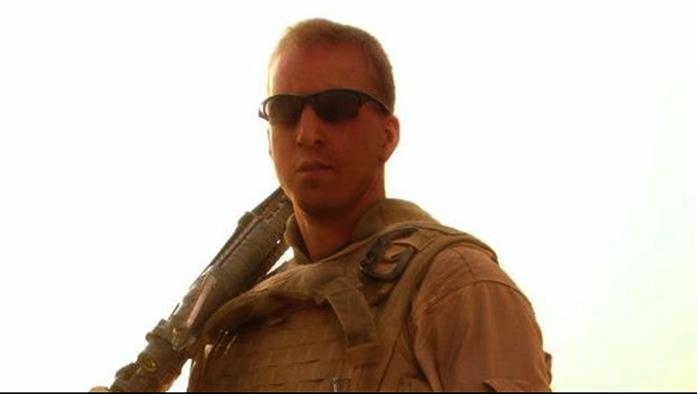By Gage Miskimen
This past summer, an Iowa veteran took his own life hours after being denied inpatient treatment at the Iowa City Veteran Affairs Hospital.
Brandon Ketchum committed suicide on July 8. He suffered from post-traumatic stress disorder stemming from his tours in Iraq and Afghanistan.
Ketchum was from Bettendorf and served in the U.S. Marines and the Army National Guard. He was 33 at the time of his death.
Kristine Nichols, Brandon’s girlfriend, said she went to check on Ketchum after he was turned away from the VA and found him in a house he was fixing up in Davenport after he posted a concerning Facebook post.
In the post, Ketchum said he went to seek care and was turned away because his issues weren’t severe enough to get inpatient care.
Nichols said Ketchum had a lot of anger from his experience overseas.
“He had a short fuse,” she said. “He had nightmares and had a hard time in social settings.”
Nichols said Ketchum was on a lot of medications and they would get switched around frequently.
“At first, they put him on a ton of stuff, but he stopped taking most of it and started taking the antidepressants,” she said “The VA didn’t do a good job of monitoring his medications.”
Nichols said these prescriptions developed into an addiction for Ketchum.
“He was on a lot of benzos and opiate pain relievers,” she said. “He had developed a substance-abuse issue with those, and it turned into an opiate addiction. He also drank a lot.”
Nichols said another issue with the experience at the VA was communication.
“His primary-care doctor didn’t speak very good English, so it was hard for Brandon to communicate with him,” she said. “It’s hard enough to talk about what you need in medication and whatnot, but when you have to explain it multiple times in multiple ways because the doctor didn’t speak English, that’s even harder.”
She said high turnover rates were among other complaints she and Ketchum’s family had.
“Brandon was not being treated as a person,” she said. “There were long wait times, and they didn’t let him participate in his own care. Sometimes it would take more than three months to get him mental services.”
A study done by the VA says around 20 veterans commit suicide every day. The study also says the risk for suicide was 21 percent higher among veterans when compared to U.S. civilians.
This case has also caught the attention of Rep. Dave Loebsack, D-Iowa. He has sent letters, asking about the events leading up to Ketchum’s death.
Nichols said Ketchum was 21 when he joined the Marines and did so because he wanted to do something with his life.
“He enjoyed the travel and meeting people,” she said. “The military gave him a sense of brotherhood and a meaning in life.”
She said to prevent future incidents from occurring, the VA should involve the veteran’s support system more and let the veteran be more involved in their own medical care.
“Let the veteran be more involved in his or her own care, instead of thinking you know what’s best for them or that you think you know what they’ve been through,” she said.



